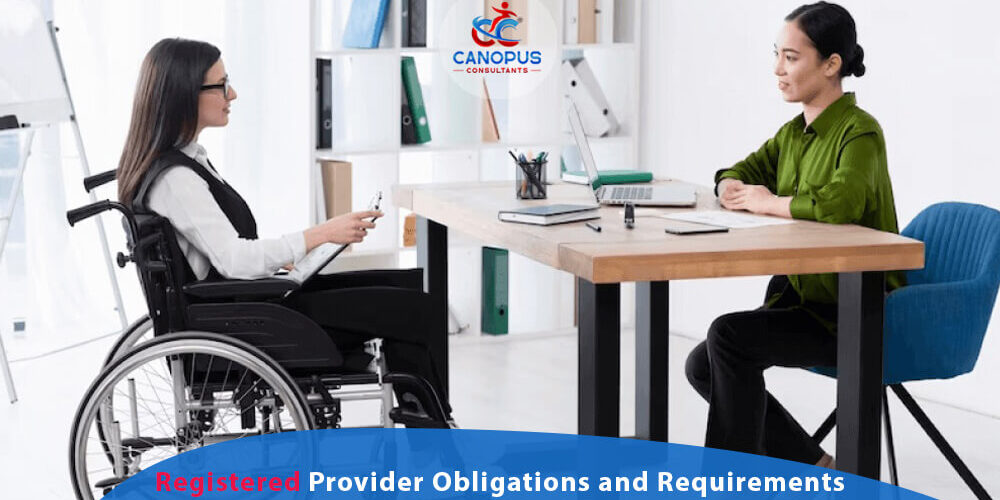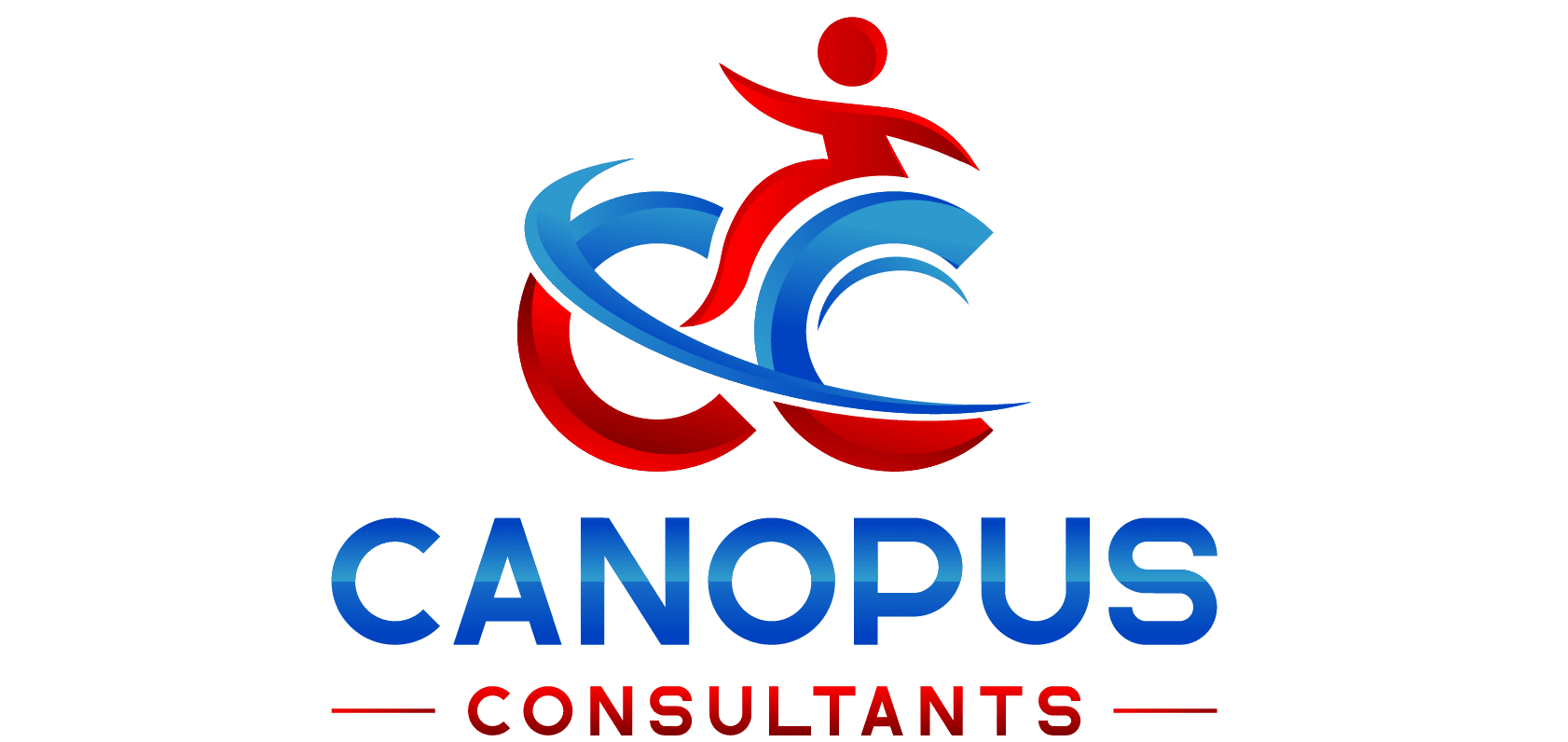
NDIS Registered Provider Obligations and Requirements
NDIS Obligations and Requirements
When it comes to NDIS Registered Providers, we’d like to think that all the same great benefits apply. But it’s not that simple. NDIS Registered Provider can be held accountable for the practicing of their registered massage therapist, but there is usually very little we can do if there is a problem with the practitioner especially if the Registered Provider has been negligent in their duty.
Have a look at the Registered Provider obligations and requirements.
Registered Provider Obligations and Requirements
Registered Providers are required to:
- Provide a safe, secure and healthy environment for children who are in their care.
- Maintain adequate resources and staff with the necessary qualifications to provide high-quality services.
- Ensure that all staff members are trained in child protection and welfare issues, including identification of abuse or neglect, reporting requirements and actions to be taken in response to incidents of suspected abuse or neglect (including sexual exploitation).
Registered Providers must:
- Ensure that all staff members are appropriately trained.
- Develop policies and procedures to ensure the health and safety of clients, including those with disabilities or mental illness.
- Provide a safe environment for clients, employees and visitors by maintaining a clean facility; ensuring that equipment used in your practice is maintained properly; reporting any maintenance problems immediately to the appropriate governmental agency; using appropriate cleaning supplies; disposing of sharps properly (see below); providing adequate lighting in areas where client services are provided; securing medications so they cannot be accessed by clients or unauthorized individuals; having written policies regarding client access during non-business hours (e.g., emergencies).
Regulatory Obligations and Requirements for NDIS Registered Providers
Registered Providers have certain obligations and requirements that they must fulfil regularly. These include:
- Completing training courses to maintain their registration status with the DOE.
- Maintaining a secure storage facility where all sensitive data is stored by all applicable laws and regulations, including HIPAA standards.
- Keeping their records up-to-date at all times so that they can be readily accessed by authorized personnel when needed for auditing purposes or other reasons related to compliance checks with federal regulations (e.g., audits).
The Importance of a Quality Management System
Registered Providers are required to maintain a quality management system that complies with the requirements of the Act. This means you must:
- Have a documented process in place for risk assessment, incident reporting and analysis, corrective action plans, performance measurement, continuous improvement activities and monitoring performance against your plan or process.
- Ensure all staff members are trained in their duties and responsibilities under this requirement.
Quality Management System Implementation
An adequate quality management system (QMS) is a set of activities designed to ensure that an organization:
- Consistently delivers quality care, services and products in line with its mission, vision and values
- Recognizes and prevents non-conformities promptly
- Remedies them when they occur
Submit Reports by Section 50(1)(a) of the Act
You must submit reports in accordance with section 50(1)(a) of the Act by:
- submitting an annual report to the Ministry of Health and Long-Term Care (MOHLTC), on or before April 30 each year, which includes information about all programs operated during that calendar year;
- Submitting a quarterly report to MOHLTC within 15 days after the end of each quarter, which includes information about all programs operated during that quarter
Mandatory Reporting to Regulatory Authority
Registered providers must give notice to the Authority of the following matters, as soon as reasonably practicable after they occur, if they relate to the registered provider:
- A change in a person who is a controller of an entity that is a registered provider and has voting powers over its affairs.
- A change in any other information previously provided by the registered provider
Registered providers must give notice to the Authority within 14 days of the occurrence or discovery of any event or situation that has a significant impact on their compliance with requirements in this Code or any other law or code.
The registered provider must also notify the Authority if they are aware of any facts that would reasonably lead them to believe that another registered provider may be failing to comply with relevant legislation and regulations about residential services.
Prohibition of Misrepresentation
Registered providers must not misrepresent themselves as complying with this code or as being regulated by it.
Registered provider status is only available to entities that are registered under the Health Professions Act and meet the requirements of this Code. Registered providers must not imply or state, directly or indirectly, that they have been granted registered provider status by an Authority when they have not been so granted.
Monitoring and Enforcement Measures
Registered providers must also take reasonable steps to ensure that their employees comply with this code. For example, registered providers should take steps to ensure that:
- They and their staff understand what is expected of them; and
- They have the resources (e.g., training, education) needed to meet those expectations
Building and Maintaining Credibility
It’s important to be transparent and honest about your business operations and purpose, otherwise, you may lose credibility with consumers.
It’s also important to be clear about how you will use the data that you collect from people who visit a site or app that uses your services. For example, if someone visits a site because they want information on travel packages for their upcoming trip, it would not be appropriate for the site owner (the “owner” in this case) to then start marketing products unrelated to travel at other times through messages sent directly to the person’s phone number or email address without first getting permission from them.
Commitment to High-Quality Care and Support
As a registered provider, you must ensure that the services that are provided meet certain standards. You must also report any concerns about your service or the quality of care being given by your staff to us. This can include concerns about:
- The well-being of people receiving care from you
- Whether they are getting the support they need from others in their lives who may be caring for them (for example friends or family)
- If there is anything else about their situation that makes them vulnerable to harm or abuse
To Protect people from Harm in their Care and Support
- To protect people from harm in their care and support.
- To ensure that you are providing a high-quality service to your users, including:
- Making sure that the care and support provided is safe, effective and well-led.
- Ensuring that you have the right number of staff to deliver the services you provide safely and effectively without compromising on quality or standards
The Role and Responsibility of CQC
The Registered Provider (RP) agreement sets out the requirements for RPs to deliver CQC-regulated services. It covers areas such as:
- how RPs will be assessed;
- who can become an RP; and
- what information they must provide to us to enable us to regulate these services effectively
Fostering Trust and Engagement
To empower people who use services, their families and carers to make choices about the care and services they receive.
You are required to:
- Ensure that all eligible people have a choice of at least two registered providers, including one who is independent from you.
- Ensure that your service provides information about the services available in your area, including those provided by other providers, and how people can access them. This must include information on what happens if they do not choose you as their provider.
Accessing CQC’s Published Summary
CQC has published on its website a summary of its expectations of providers about the fundamental standards. The CQC expects providers to:
- Make sure that they have systems in place to help them meet each standard, including policies and procedures which are regularly reviewed at the organizational level;
- Keep records that demonstrate how they are meeting each standard;
- Work with people who use their service or others (such as partners) to help them understand what information needs to be recorded about their care or treatment so that it can be shared with others involved in supporting them; and
- Regularly review their performance against these standards by asking staff what improvements could be made if something went wrong during care, or if someone complained about their experience of care.
Registered Provider Agreements
When you register to be a Registered Provider, certain agreements and requirements must be met. These agreements and requirements are:
- You must agree to provide services by the standards set forth by the government.
- You must agree to provide accurate information on your website, such as prices and availability of products or services.
- You must agree not to discriminate against anyone based on race, color, religion or national origin.
CQC Regulation and Inspection
As a registered provider, you must abide by the CQC Regulation and Inspection Procedure. This includes:
- Ensuring that all staff have an appropriate level of training and skills about their role
- Ensuring that all facilities comply with current legislation, regulations and standards
- Maintaining accurate records of complaints, incidents and accidents
GDPR and Privacy Policies
GDPR requires the following information to be included in your privacy policy:
- The name and contact details of your company or organization, including your address, phone number and email address.
- A description of how you use personal data. This should include what types of information you collect (for example, name, email address), how long you keep it for and why you need it. It can also include details about how security measures are put in place to protect any data that is shared with third parties (for example cloud services).
The purpose of this section is to tell users how they can exercise their rights under GDPR so they know what options are available if they want more control over their data or wish to make a complaint about how it has been handled by an organization.
Health Safety and Environmental Legislation
- You must comply with the Health Safety and Environmental Legislation.
- Your service will be audited by a registered inspector to ensure compliance with these regulations.
Financial Records and Accounts
To receive payments for services, you must maintain financial records and accounts. You must also keep these records for at least six years from the date of service.
The following information is required:
- The amount of money received by your business in each year (including GST) and what it was for;
- How much money was spent on each activity/item purchased; and
- The balance remaining at year-end.
Ongoing Obligations and Requirements
As a Registered Provider, some obligations and requirements need to be kept up to date. These include:
- Registering for the services you offer
- Updating your information when it changes
- Keeping records of the services provided by your organization or individual practitioners
Conclusion
We hope this article has helped you understand what it means to be a Registered Provider and the obligations that come with it. We know that caring for people can be a challenging job, but we believe that by working together we can make sure your care is of the highest quality possible.
- November 23, 2023
- By: Canopus Consultants
- Categories: Blog
- no comments


